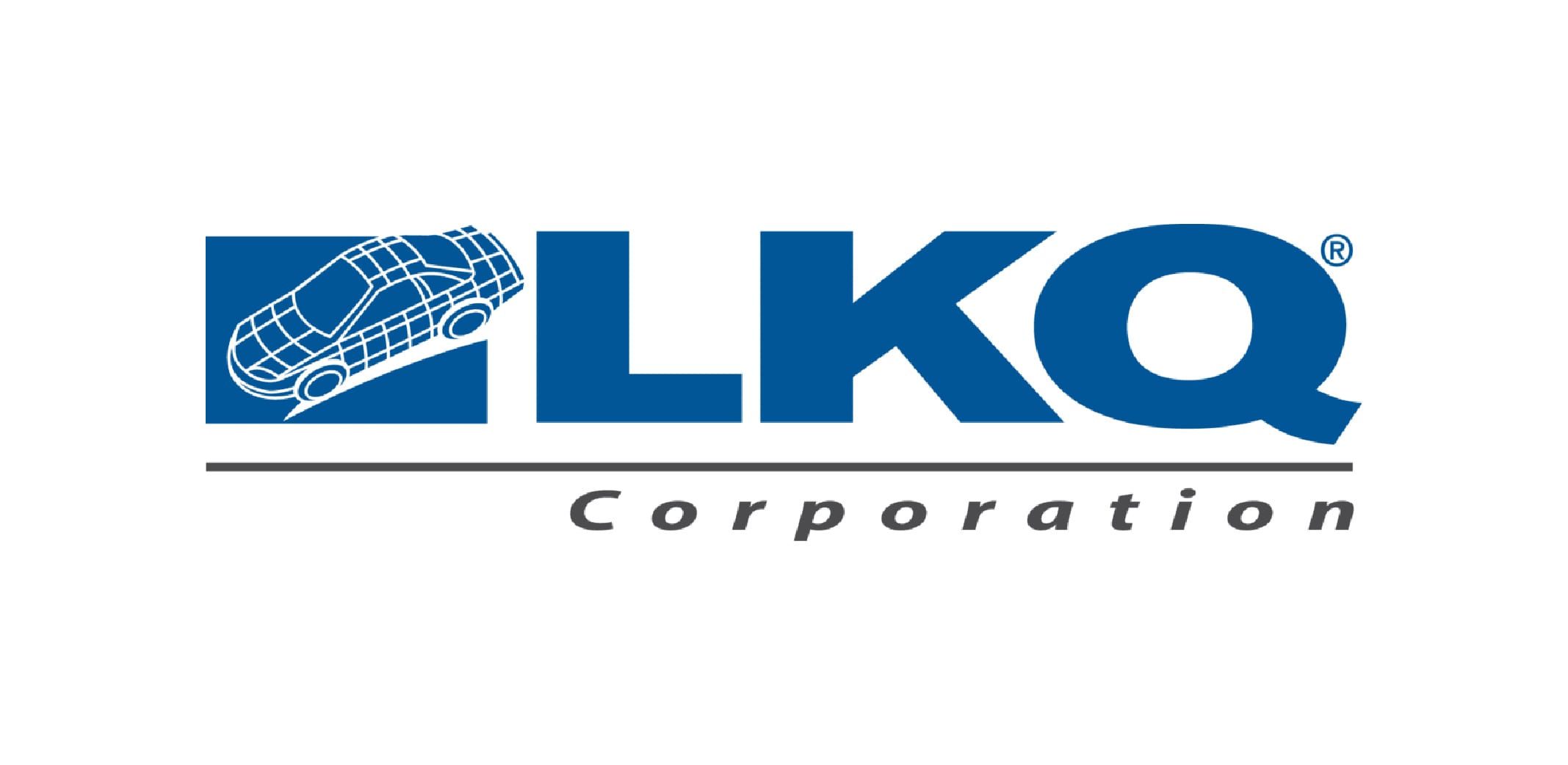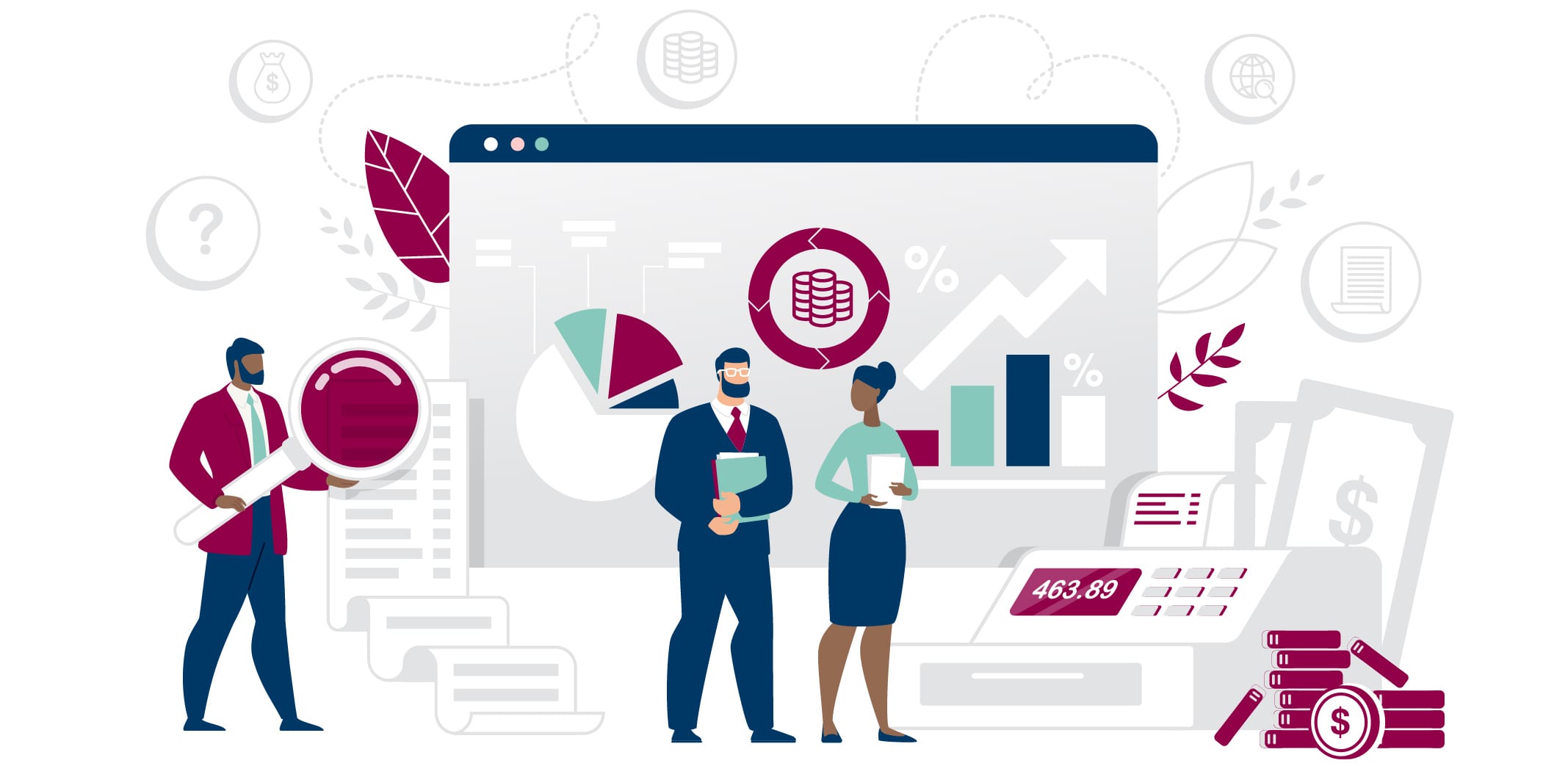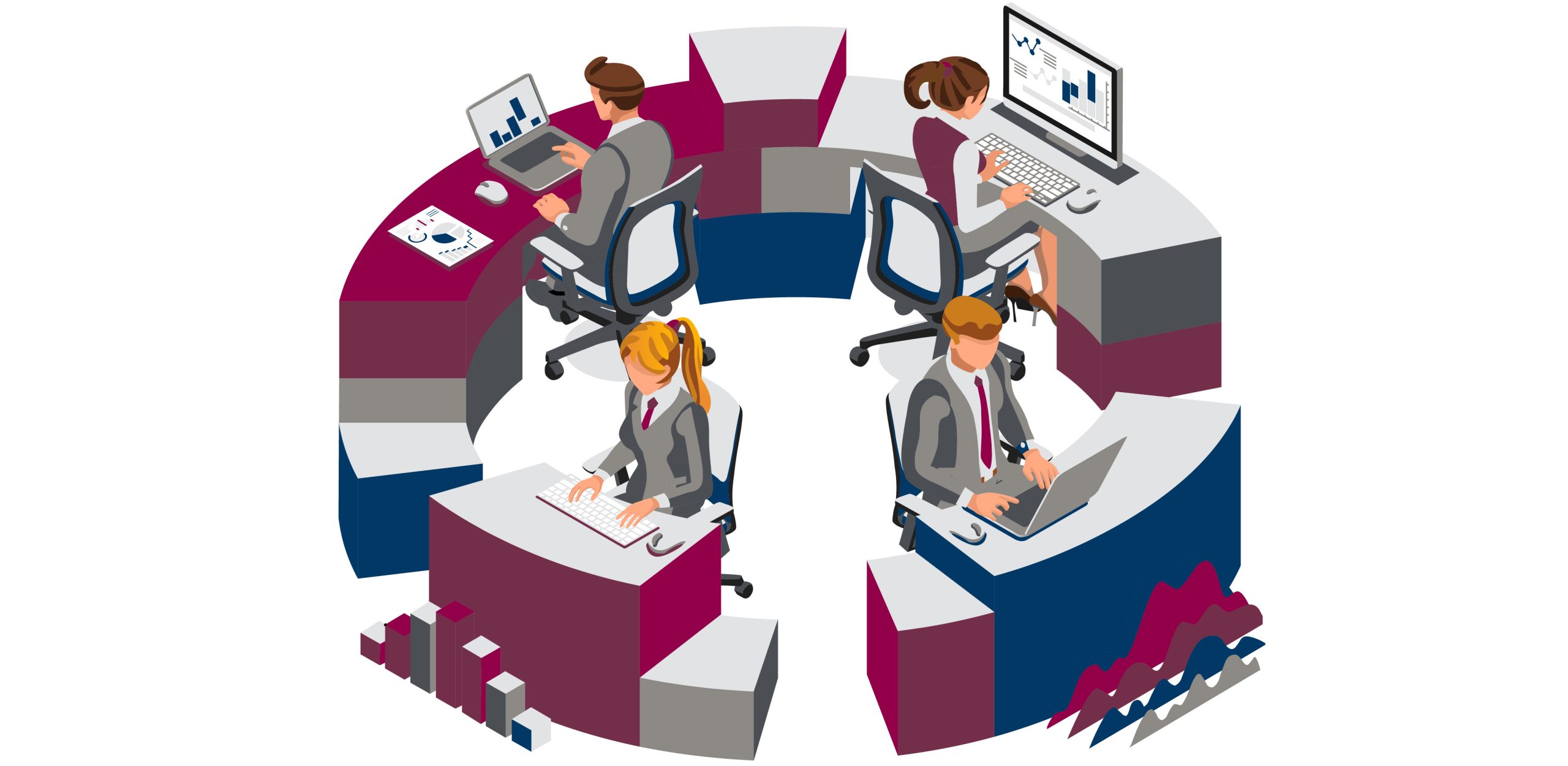How to Maximize the Impact of Your Organization’s Record to Report Investment
Blog post
Share
What does your Record to Report (R2R) process look like? Is your Office of Finance still mostly manual or have you introduced some level of automation? Whatever your R2R process currently resembles, your organization must automate across the entire financial close to truly gain the full benefits of automation.
Optimizing One Process vs. A Holistic Record to Report Approach
Automating the reconciliation process delivers major cost and time-saving benefits for the Office of Finance (and the entire organization), and those benefits can, and should, be echoed throughout the R2R process. Organizations often undertake the hard work of standardizing and automating one process, and they see significant efficiency gains, as well as other benefits. But without continuing in their financial automation journey, the gains become limited to that single process.

Delaying or ignoring the need for automation in other processes such as close management, journal entry, and compliance impacts the R2R by denying greater levels of efficiency and effectiveness across the board. To truly achieve the full benefits of financial transformation, finance leadership must take a step back and evaluate their R2R process holistically.
LKQ Corporation: A Case Study in A Holistic R2R Automation Roadmap
Let’s look at one company that approached their Record to Report transformation holistically, and the extensive ROI they achieved as a result.

LKQ Corporation, a Fortune 500 company, is North America’s largest provider of alternative collision auto parts and a leading provider of recycled and remanufactured mechanical parts including engines and transmissions, all in connection with the repair of automobiles and other vehicles. LKQ has an annual revenue of $12.5 billion and operates more than 570 facilities in North America, Europe, and Taiwan. Since its formation in 1998, LKQ has grown through internal development and over 170 acquisitions.
One of LKQ’s biggest challenges was its aggressive acquisition strategy. This led to difficulty managing high-volume transactions, balance sheet reconciliations, and close management processes across all entities. Their finance and accounting teams struggled with a lack of standardization and visibility, as well as the inability to properly store and manage documentation.
In preparation for their aggressive acquisition strategy, LKQ Corporation consolidated five accounting centers into a financial shared service center in Tennessee in 2010 and decided to look for an automated solution for their financial close.
LKQ Started with Automated Balance Sheet Reconciliations…
“The main objective for us was to implement one standardized process across the business so that everyone would operate on the same financial close schedule. We needed to have quality information in a timely manner for decision making and analysis, and we needed to ensure that we had visibility into the status and completion of our balance sheet reconciliations.” – Janice Dailey, Accounting Senior II, Financial Systems Support at LKQ Corporation

First, LKQ decided to implement Trintech’s balance sheet reconciliation solution to automate daily cash reconciliations, as well as standardize the balance sheet reconciliation and close processes. Additionally, LKQ wanted to automate as many reconciliations as possible and gain real-time visibility into the tracking and reporting of that process. With Trintech’s solutions, LKQ is able to:
- Reconcile about $97 million worth of cash over 202 different reconciliations
- Load more than 100,000 records and auto-reconcile 90% of intercompany reconciliations
- Auto-reconcile 70% of cash transactions between zero and two days
- Manage 21,775 reconciliations while utilizing a risk-based approach to drive reconciliation schedules
- Of the 21,000+ reconciliations, LKQ Corporation currently auto-reconciles 13,000 of those based on parameters they have established
LKQ gained significant benefits and ROI by standardizing and automating their balance sheet reconciliations, but they didn’t stop there.
… They Continued Their Holistic Approach with Close Management Automation
Once LKQ standardized and automated their reconciliation process, they started searching for the next piece of their R2R process they could optimize in order to gain more value. They decided to streamline and optimize their close management processes next with Cadency Close.
“We use Cadency Close to get full visibility into where we are at in the financial close process, not just during the 7-day close cycle but throughout the month. We have tasks that are scheduled weekly, monthly, quarterly, semi-annually, and annually – it is a fully integrated process for us, and we use it globally.” – Janice Dailey, Accounting Senior II, Financial Systems Support at LKQ Corporation
At the end of 2020, LKQ had 3,550 close tasks operating within Cadency Close. With Trintech’s automated close management solution, their finance team is able to see what tasks are in progress and which bottlenecks are hindering items in the process.
Instead of managing the data, their accounting professionals are able to analyze it instead.

With Trintech, LKQ was able to reduce their close by two days and are seeking to reduce the close by an additional two days, giving them a five-day close in total.
LKQ’s Results with Trintech to Date
Since implementing Trintech’s solutions, LKQ Corporation has achieved the following results:
- Reduced the days to close by 2 business days (from 9 to 7 days)
- Grew revenues 3,711% while keeping headcount at Financial Shared Services Center flat
- Reduced Cash Specialist headcount by nearly 50%
- 90% auto-reconciliation provides the ability to quickly identify and resolve issues
- Intercompany nets to zero almost every month with the ability to provide transaction-level detail of variances
- Full confidence in timely and accurate information
- Ability to reconcile by types of transactions between specific lines of business
However, it is important to note that LKQ would not have achieved the significant ROI they have today if they had only implemented an automated reconciliation solution. LKQ attained widespread benefits by approaching their entire Record to Report with a holistic mindset, rather than a singular process focus.
Don’t limit efficiency and effectiveness gains to one part of your Record to Report; discover the ROI that a full Record to Report transformation brings.
Written by: Ashton Mathai


